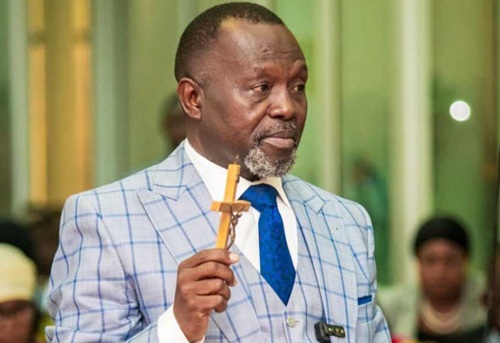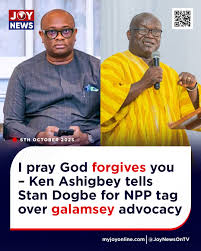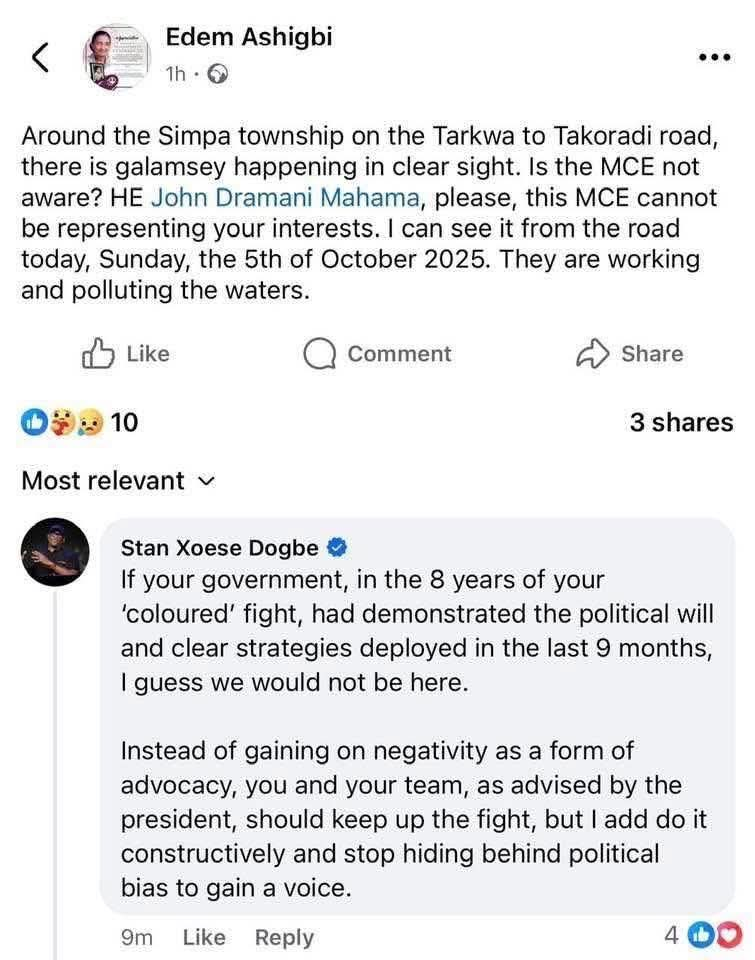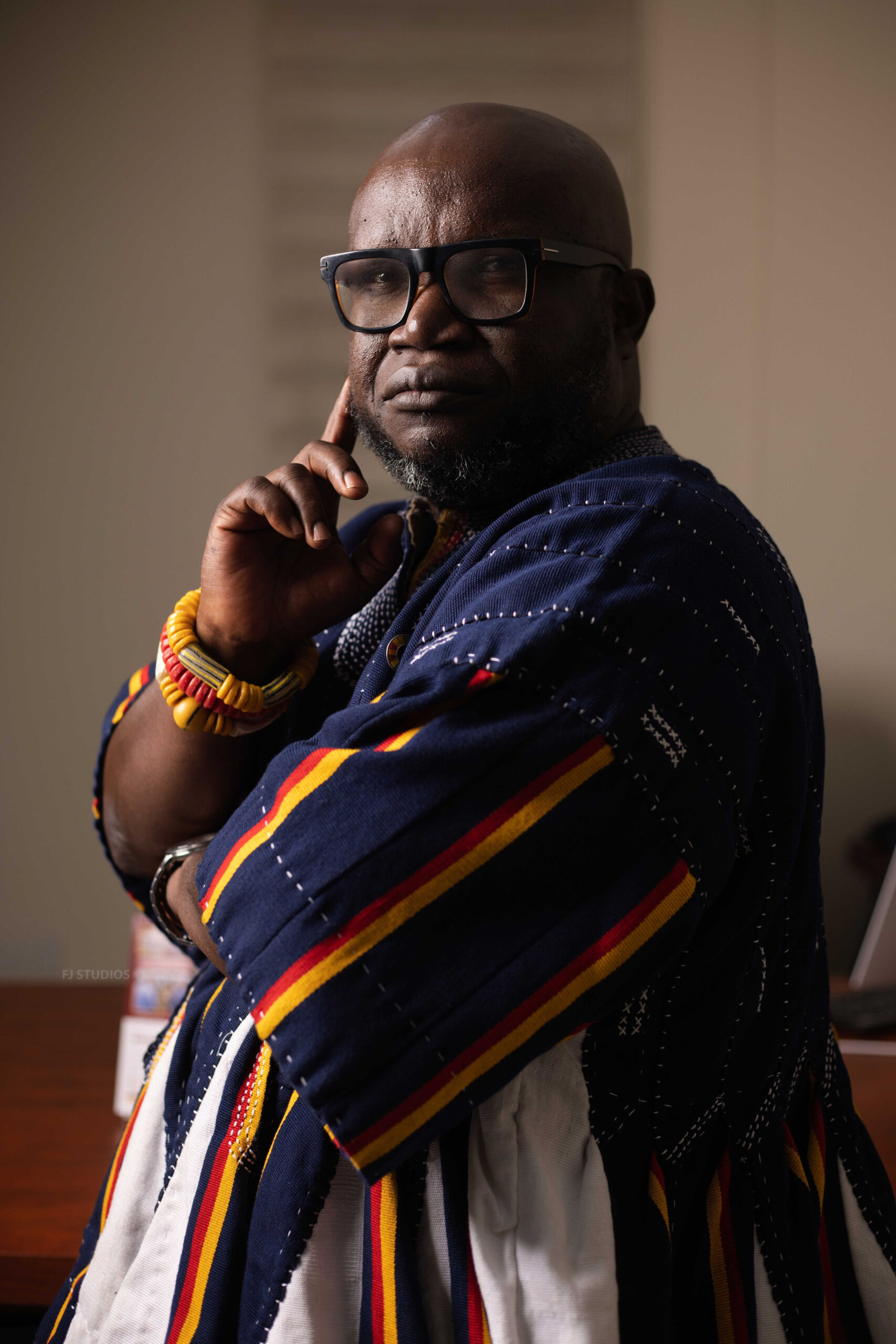The Imperative for Legal Academic Inquiry into the Attorney General’s Recent Case Withdrawals in Ghana
Introduction
The recent actions of Ghana’s newly appointed Attorney General (AG), who has only been in office for a few days, have sparked considerable debate within legal and political circles. His decision to withdraw and discontinue certain high-profile cases—especially those involving members of the current ruling government or related individuals—raises critical legal and constitutional questions. The case includes that against former Deputy BoG Governor Johnson Asiama, for which notice of withdrawal applies only to Johnson Asiama. At the same time, the trials of the other accused persons are expected to proceed. Others include the case against Dr Stephen Kwabena Opuni, the former CEO of the Ghana Cocoa Board (COCOBOD), and businessman Seidu Agongo, and the case of former Majority Leader and now Finance Minister Dr Cassiel Ato Forson and businessman Richard Jakpa. Another set is Mr Samuel Ofosu Ampofo, former NDC Chairman, and Anthony Kwaku Boahen, former NDC Communications Officer. This article underscores the urgent need for rigorous legal academic research into these withdrawals, focusing on empirical data, comparative case studies, and Ghanaian legal principles. Such research is crucial to understanding whether these withdrawals are based on sound legal justifications, if they establish concerning precedents, and what broader implications they hold for Ghana’s legal and political landscape. It also highlights the importance of transparency in these processes.
 Legal Framework Governing Case Withdrawals in Ghana
Legal Framework Governing Case Withdrawals in Ghana
The Attorney General of Ghana is vested with prosecutorial discretion under Article 88 of the 1992 Constitution, which grants the office the authority to initiate, continue, or discontinue criminal proceedings. Section 54 of the Criminal and Other Offences (Procedure) Act, 1960 (Act 30) provides mechanisms for entering a nolle prosequi, a formal notice to discontinue prosecution. While this discretionary power is legally sanctioned, it must be exercised in the interest of justice and not perceived as shielding political allies from accountability. Section 59 of Act 30 provides the basis for the withdrawal of cases, and Section 59.2.b.ii provides the scenario for which the accused shall be acquitted.
Critics argue that discontinuations and withdrawals can be perceived as politically motivated, especially when they involve cases tied to the ruling government or its allies. This raises questions about the independence of the AG’s office and the potential for abuse of power. Legal academics must urgently and thoroughly research the recent discontinuations to address these concerns, examining whether they align with legal principles and precedents.
The Selective Nature of the Withdrawals: Why These Cases?
A critical question that merits academic scrutiny is: Why are these specific cases being withdrawn? Why are some accused persons’ cases withdrawn while others still stand trial in the same case? Are they the result of legitimate legal deficiencies in the evidence, or is the move politically motivated? Or was the case a political vendetta or persecution instead of prosecution? Legal academics must investigate the specific criteria the AG uses to select cases for discontinuation. Key areas of inquiry include:
- Legal Merits of Withdrawn Cases: Researchers should compare the legal merits of these withdrawn cases versus similar cases pursued to conviction. Were these cases withdrawn due to lack of evidence, procedural errors, or other legitimate legal reasons? Or are there underlying political considerations at play by the former AG or the current AG?
- Historical Context: Were these cases initiated under previous administrations as a form of political persecution rather than genuine prosecution? If so, does the discontinuation correct past injustices or risk perpetuating a cycle of political vendettas?
- Public Interest: Does the discontinuation serve the broader goal of fighting corruption and ensuring justice, or does it undermine public confidence in the judiciary and legal system? The latter could have serious implications for the rule of law in Ghana.
- Equity and Consistency: Is the ‘Hot Stove’ principle being upheld here? The ‘Hot Stove’ principle, a metaphor for the consistent application of justice, suggests that if the AG’s power to withdraw cases is truly in the interest of justice, it should be applied consistently across all politically sensitive and long-standing cases. Are there other cases, particularly those involving opposition figures or ordinary citizens, that merit similar consideration for discontinuation?
Correcting Political Vendetta or Abdication of Justice?
One possible justification for these withdrawals could be that the cases in question were initiated as a form of political persecution rather than genuine prosecution. However, if the argument is that these cases were politically motivated, legal researchers must assess whether:
- The cases lacked sufficient evidence from the outset, making them weak prosecutions.
- They were unduly delayed in court, suggesting they were filed for political optics rather than genuine legal merits. Some of these cases have been in court for over 6 years.
- The current Attorney General has demonstrated equal zeal in reviewing cases involving opposition figures or cases that predate the immediate past administration.
If the discontinuation is selective, it raises concerns about fairness and the independence of Ghana’s legal system. Legal researchers must, therefore, interrogate whether the withdrawals are setting a precedent that future Attorneys General can use to justify discontinuing politically inconvenient cases.
Duration of Cases in Court
Another factor to consider is the length of time these cases have been in court. As some cases have been delayed for years without progress, does that justify withdrawal to prevent undue hardship on the accused? Researchers should analyze whether prolonged delays influenced the AG’s decisions and whether alternative measures, such as expedited trials, could have been pursued. Is it also in the interest of the accused to have allowed some of these cases to be expedited instead, as was suggested in a question asked by Mr Samson Lardi Ayeneni, lawyer and host of the News File programme?
The Precedent Being Set: Long-Term Implications
Legal precedent plays a crucial role in shaping the future application of the law. If high-profile cases involving ruling party members or affiliates are routinely discontinued whenever there is a change in government, it establishes a dangerous pattern of selective justice. Future Attorneys General could potentially use this to:
- Cite these withdrawals as justification for discontinuing cases against their own political allies.
- Encourage impunity, as individuals aligned with ruling parties may feel protected from legal consequences.
- This would undermine judicial independence, as courts may become reluctant to hear politically sensitive cases, knowing they could be withdrawn.
Academics must analyze whether other countries have faced similar issues and how they have addressed them. For example, jurisdictions like South Africa, Kenya, or the United States have mechanisms to ensure prosecutorial independence by creating special prosecutorial offices that operate outside political influence. Could Ghana benefit from such a reform? The Constitutional Reviews have proposed the separation of the AG from the Minister of Justice. Most political parties would have this in their manifestos but have never pushed for its implementation. Maybe under the current government, where the ruling party has an overwhelming majority in parliament with a so-called ‘micro minority‘, it might be a good time to attempt it.
Methodology for Rigorous Academic Research
To ensure the credibility and objectivity of their findings, legal academics must adhere to the highest standards of academic rigour. This includes:
- Empirical Data Collection: Gathering data on discontinued cases, including court records, timelines, and legal arguments. Determine what kind of research would be best suited to this.
- Comparative Analysis: Examining how other countries handle prosecutorial discretion and the discontinuation of politically sensitive cases.
- Legal Analysis: Applying Ghanaian laws, including the Constitution, Act 30, and relevant case law, to assess the legality and propriety of the AG’s actions.
- Interviews and Stakeholder Engagement: Consulting legal experts, judges, prosecutors, and civil society organizations to gain diverse perspectives on the issue.
Recommendations for Policy and Practice
Based on their findings, legal academics should recommend improving transparency and accountability in exercising prosecutorial discretion. These may include:
- Guidelines for Discontinuation: Developing clear, publicly available criteria for discontinuing cases to prevent perceptions of bias or political interference.
- Judicial Oversight: Exploring mechanisms for judicial review of the AG’s decisions to ensure they align with the principles of justice and fairness.
- Public Reporting: This would require the AG’s office to publish regular reports on discontinued cases, including the reasons for each decision. Per the ordinary wording of Section 54 of Act 30, the Attorney-General has no legal duty to provide reasons for entering the same. So, this should be looked at based on the research findings.
- Legal Reforms: Proposing amendments to Act 30 or other relevant laws to balance the AG’s powers with safeguards against abuse.
Conclusion
Ghana’s Attorney General’s recent discontinuation of cases raises important legal and ethical questions requiring careful scrutiny. Legal academics have a unique opportunity and responsibility to conduct unbiased, rigorous research into these decisions, providing evidence-based insights that can inform public debate and policy reform. By examining the issue’s legal, empirical, and comparative dimensions, researchers can ensure that the exercise of prosecutorial discretion serves the interests of justice, fairness, and the rule of law. In doing so, we will strengthen Ghana’s justice system and uphold the principles of accountability and transparency in governance. This issue is not merely political but a fundamental question about justice, fairness, and the rule of law in Ghana. Suppose legal scholars do not interrogate these decisions rigorously. In that case, Ghana risks entrenching a legal culture where justice is selectively applied, eroding public trust in the judiciary and weakening the country’s democratic institutions.
As Dr Theophilus Edwin Coleman, a Legal Academic and Legal Researcher, posits, one of the weaknesses of Ghana’s legal regime is the lack of integration of works of legal academics into our jurisprudence. This is an opportunity to begin to incorporate the work of legal researchers into improving our law, especially now that we have a legal academic who has taught the law as the Attorney General, Dr Dominic Akuritinga Ayine. He holds a Doctor of Juridical Science (SJD) degree from Stanford Law School. The Minister of State for Government Information has indicated that the AG would provide reasons for these withdrawals. It is important in the spirit of transparency, that reasons be provided for such discontinuance. These reasons can be a springboard for legal scrutiny and academic studies. This will go a long way to augment our jurisprudence on unmasking and confronting the perils of corruption.
This post has already been read 5258 times!





1 comment